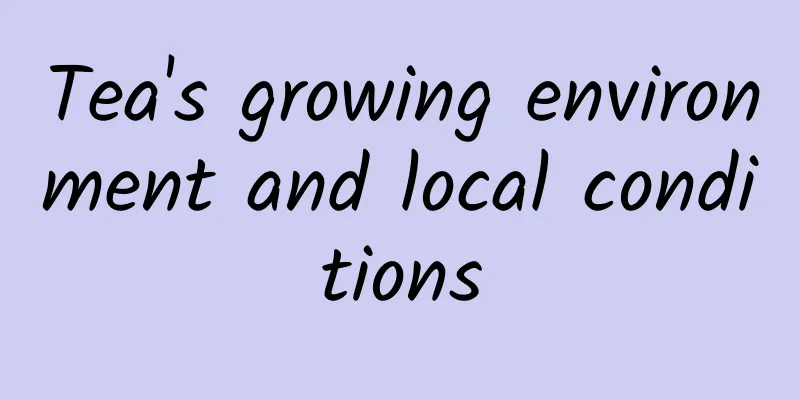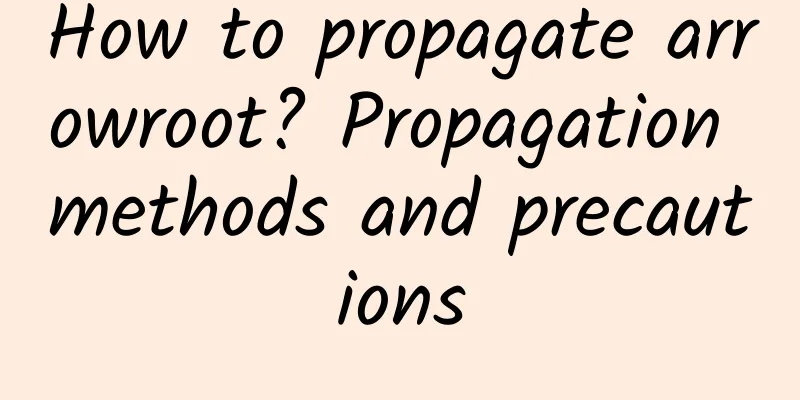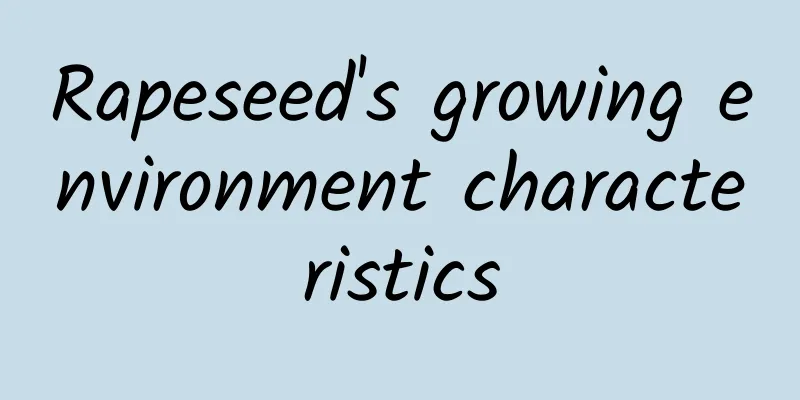How to grow jasmine potted plants well (how to grow jasmine at home)

First, soilJasmine is native to tropical and subtropical regions, where the soil is slightly acidic, that is, the pH value is less than 7. Over a long period of time, it has developed a growth habit that dislikes alkaline soil. If soil with a pH value greater than 7 is used for planting, it will violate the growth characteristics of the plant, thereby hindering the normal growth of the plant and ultimately leading to the death of the plant. Therefore, a mixed soil containing a slightly acidic factor is needed for planting, so as to meet the growth habits of the plant, such as providing sufficient iron elements, or promoting root respiration and growth. Second, flower potsJasmine likes deep and thick soil, which can expand the nutritional area and facilitate the continuous growth of the roots. If you use a shallow pot for planting, the nutritional area will be too small or the roots will be too crowded, which will cause the plant to be unable to grow normally. Therefore, deep pots are needed for planting, which can bring a deep soil layer and facilitate the growth of roots. In addition, considering the drainage quality, it is recommended to use porcelain pots for planting. Third, lightThe jasmine plant's native habitat has plenty of sunlight, and over time it has developed a growth characteristic that prefers light. If potted jasmine is placed in a dimly lit location indoors for a long time, the plant will not be able to carry out normal photosynthesis, resulting in yellowing leaves and poor plant growth. Therefore, it needs to be placed in a well-lit location indoors for maintenance. If outdoor conditions permit, it is recommended to place it outdoors for natural sunlight in the summer. Fourth, wateringJasmine likes a moist growing environment, but it hates waterlogging in the soil. If the humidity of the maintenance environment is maintained by watering the soil for a long time, waterlogging in the soil will easily occur, which will lead to root rot and eventually the plant will wither. Therefore, it is necessary to water the plants according to their growth habits and growth status. For example, when the soil surface is dry, watering can be performed. Increase the humidity through air spraying on a daily basis, such as in summer and autumn, and control water and keep warm in winter. Fifth, fertilizationJasmine likes fertile soil environment, and the nutrient area of potted plants is limited, so scientific and reasonable fertilization and maintenance are needed. If there is no proper maintenance management for a long time, problems such as thin leaves and no flowering will occur. Therefore, fertilization and maintenance are needed according to the growth of the plants. Generally, fertilization and maintenance cannot be carried out in winter. It is recommended to use nutritious cake fertilizer water in spring and potassium dihydrogen phosphate to promote flowering in summer. Both must be diluted with clean water before fertilization. |
Recommend
How to grow Clivia
1. Temperature Clivia is afraid of both extreme h...
How to plant delphinium seeds
Time of choice Generally speaking, we can sow in ...
How to distinguish between white chrysanthemum and staghorn begonia
The difference between the family and genus of wh...
What to do if the petals of white palm turn black
Improper repotting and soil replacement The petal...
What to do if magnolia root rots?
How to deal with magnolia root rot in the early s...
How to plant lilies
Lily , also known as rhododendron, is famous for ...
My grandma is so stingy that she saves money to grow vegetables on the balcony, and the balcony is full of vegetables in just one month!
Huahua knows that people who like to grow flowers...
Disease control of oleander
Oleander Brown Spot symptom This disease is more ...
How many times does the lucky tree bloom in a year?
1. Flowering period The Bromeliaceae plant, Brome...
Beautiful and easy to grow, they almost never die. I will grow these flowers for the New Year.
Kalanchoe Flower viewing Flowering period: Januar...
Cultivation methods and precautions of rich grass
1. Maintenance methods 1. Temperature: Adult Pach...
How to propagate Artemisia serrata
Seed propagation method of Artocarpus This method...
How to grow coral tree succulent
1. Breeding environment 1. Soil: To grow coral tr...
Is it easy to grow a potted banyan tree? How to grow a bonsai banyan tree well at home?
Banyan trees are highly adaptable and have strong...
To bring prosperity and good luck, you must have one pot of these 6 kinds of flowers!
1. Anthurium Anthurium has beautiful flowers and ...









